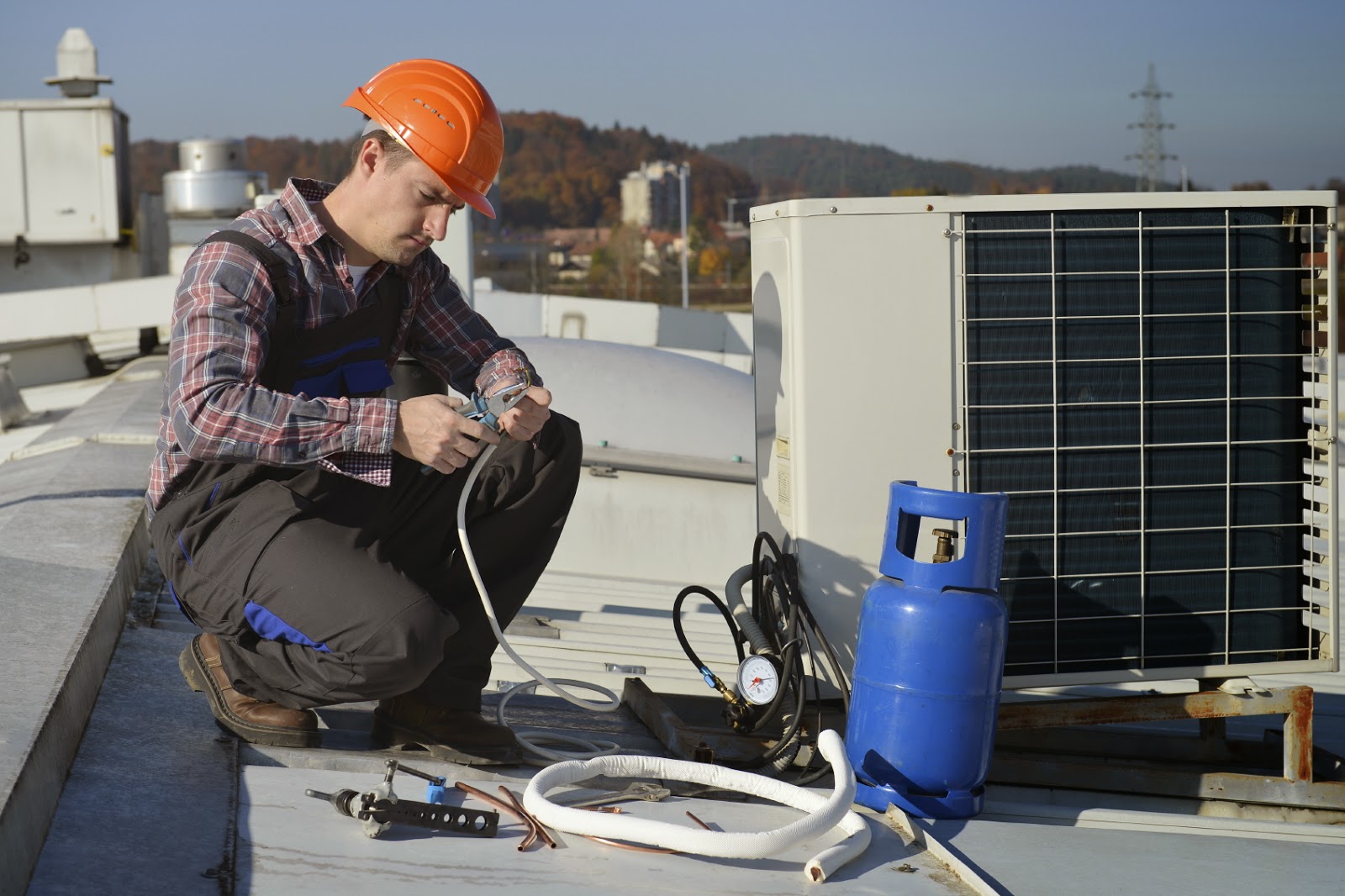We set up a home security system to keep our families safe.
We use security and backups on our computer to make our most sensitive
data more protected.
We even buy insurance policies to ensure everything in our daily lives
is safe from harm, from our homes, to our cars, and even to our very lives.
But
what about the HVAC system in the property you manage?
HVAC
systems are designed to spread air throughout the building. Yet just as easily
it can spread other, more dangerous contaminants as well. Whether accidental or
intentional, your HVAC system could be putting your building at risk; unless
you take adequate precautionary measures.
HVAC
security risks can include a variety of things: fires, natural disasters,
chemical spills, bacteria, viruses, mold, VOC fumes, smoke, asbestos and carbon
dioxide. And they can spread through your building in a variety of ways:
production activities within an office, sick office workers, chemical spills
inside or outside of the building, water damage from a flood, even normal day
to day activities can add in to the problem.
While
its impossible to eliminate the chance of a problem from ever occurring within
your building, it is important in having detection measures in place so you can
eliminate the problem as quickly as possible.
Every
HVAC security plan should start by having a design document that outlines how
the system works, where every piece of equipment is placed, and what safety or
alarm features exist. It should outline how the system functions, what
equipment is in use, and where key entry points lie.
With
a thorough planning document in place, the next step is to evaluate the system
and find the greatest areas of vulnerability. Risk assessments should include
determining where a potential contamination can easily take place, and what
actions would be required to remedy the situation.
In
many commercial environments, HVAC equipment is located on the outside of the
building. Who has access to the equipment? Is it on ground level, easily
accessible to anyone who may walk by? Or is it on the roof, protected and
available to only those who have access to the building? Access doors should be
secured. You can also build in additional security measures, such as monitors
and alarms that will alert key personnel if and when the security is breached.
You
should also build in security measures for accidents that may occur relevant to
what is housed within the building itself. If the building is leased by a
painting company, for instance, it will be at more risk for chemical spills and
VOC hazards. Proper security should be added for both protection and detection.
Never
forget that even minor, routine maintenance items can sometimes be your biggest
defense. If your security plan calls for regular scheduled maintenance from a
professional HVAC contractor, you will know that air filters are cleaned and
replaced regularly, all filters are properly installed, equipment is running in
its proper manner, gas detectors are properly calibrated, and screens and
grates are cleaned and kept free of debris. Just these few routine tasks can
alert you to problems that can quickly escalate and grow in a short period of
time.
So
what’s your plan? If this is the first time you’ve contemplated what your plan
should be, there’s no better time than now to fix it. Let’s talk. With one of
our professional HVAC contractors, we can help you design the perfect HVAC
security plan for your building, giving you both security and peace of mind in
the years to come.









